Discover key features to look for in an AWS DevOps services partner to ensure automation, scalability, security, and compliance.
Key Features to Look for in an AWS DevOps Services Partner
- Nitin Yadav
- Knowledge
About
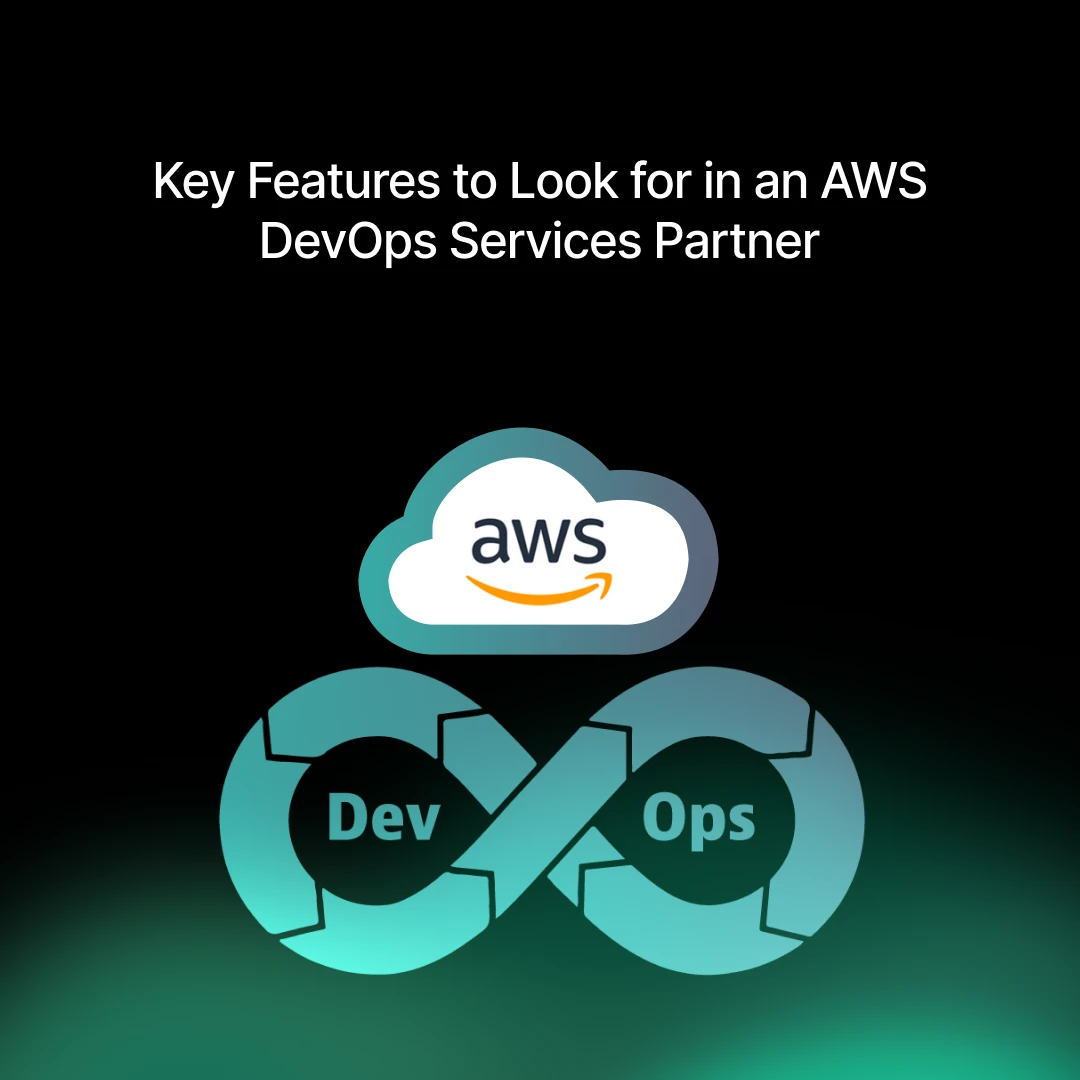
Industries
- AWS DevOps, AWS Services, CI/CD Pipelines, cloud automation, DevSecOps, Infrastructure as Code
Share Via
Introduction
With cloud-native development being the new normal, organizations are rapidly adopting AWS DevOps practices in order to automate infrastructure, accelerate deployment, and maintain scalability. However, building and managing modern DevOps pipelines on AWS is not without challenges, requiring expertise, strategic planning, and a deep understanding of AWS services.
This is where working with a trusted AWS DevOps services partner can help you greatly. Whether you’re scaling a startup or modernizing enterprise infrastructure, the right partner brings proven frameworks, automation, and cloud-native best practices to the table to speed up your journey.
In this guide, we’ll cover the key features to look for in an AWS DevOps services partner in 2025 and what SquareOps does to help businesses unlock the full potential of AWS.
The Need for an AWS DevOps Services Partner
DevOps is more than just tools it’s a culture and an operational shift to support automation and continuous delivery (and reliability). AWS provides powerful tools like CodePipeline, CloudFormation, and ECS/EKS, but putting it all together takes experience.
So, here’s why the majority of businesses decide to hire an external AWS DevOps partner:
- Day One: Accelerate Cloud Adoption – Implement automation, CI/CD, and IaC best practices.
- Speed of Delivery – Deliver faster using stable and reproducible pipelines.
- Remove Operational Bottlenecks – Delegate mundane, human error-intensive tasks to event-driven automation.
- Design Infrastructure for Resilience – Plan for scale, high availability, and disaster recovery.
- Security and Compliance – Build secure pipelines with guardrails baked into infrastructure.
An experienced partner ensures your cloud infrastructure is effective, secure, and aligned with your business goals.
What to Look for in an AWS DevOps Partner
It’s not just about certifications; it’s about delivery maturity, a cloud-native mindset, and real-world execution. Here’s what to prioritize:
AWS Certification and Experience Validation
A potential partner must provide practical experience and AWS certifications to prove their expertise. Look for:
- AWS Certified DevOps Engineer – Professional
- Associate or Professional AWS Solutions Architect
- AWS Certified Solution Architect – Associate
- Status as an Advanced or Select AWS Consulting Partner
- Examples of successful DevOps transformation via case studies or references
That way, your partner knows AWS inside and out from IAM and VPC architecture to CodePipeline and ECS/EKS deployments.
Expertise in Infrastructure as Code (IaC)
IaC is at the core of modern DevOps. It allows infrastructure provisioning to be version-controlled, reproducible, and auditable.
Your partner should have expertise in:
- Terraform – For provisioning to multiple clouds.
- AWS-native automation – With AWS CloudFormation.
- Pulumi – If you prefer to do IaC in TypeScript or Python.
- GitOps-based workflows – For continuous delivery of environments.
- Modular IaC patterns, versioning, rollback mechanisms, and DRY principles.
Design and Automation of CI/CD Pipeline
A great DevOps partner crafts robust, secure, and scalable CI/CD pipelines tailored to your tech stack and deployment strategy.
Key capabilities include:
- Cloud Deployment Pipelines – AWS CodePipeline, Jenkins, GitHub Actions, GitLab CI/CD.
- Support for blue-green, canary, or rolling deployments.
- Automated test, lint, security scan, and approval pipelines.
- Infrastructure as Code using Terraform or CloudFormation.
With the right partner, continuous integration and delivery should feel effortless with pipelines optimized for speed and traceability.
Common Technologies for Monitoring, Logging, and Observability
DevOps does not stop after deployment it involves continuous monitoring of health, performance, and reliability.
A capable partner integrates:
- Amazon CloudWatch – For logs, metrics, and alarms.
- Distributed tracing using AWS X-Ray.
- Container-Native Observability with Prometheus & Grafana.
- Full-stack monitoring with Datadog or New Relic.
- SLIs, SLOs, and alert thresholds to enable Site Reliability Engineering (SRE) practices.
Security and Compliance-First Mindset
As security threats and compliance demands grow, your AWS DevOps partner needs to integrate security at every level.
Look for practices like:
- IAM: Role-based access control and best practices.
- Secrets Management: AWS Secrets Manager or HashiCorp Vault.
- CI/CD Security: Hardening pipelines using code signing and approval gates.
- Compliance Automation: AWS Config, Security Hub, and GuardDuty.
- Certifications: SOC 2, HIPAA, ISO 27001, and PCI DSS compliance.
Security should be baked into pipelines, not bolted on as an afterthought.
Governance and Cost Optimization
AWS bills can spiral quickly without controls in place. Your partner should help with cost monitoring and optimization at all levels.
This includes:
- AWS Budgets, Cost Explorer, and Trusted Advisor.
- Spot, Savings Plans, and RI strategies for cost-aware infrastructure.
- Tagging policies for proper cost attribution.
- Automated cleanup of unused resources.
- FinOps principles to unite engineering and finance.
DevOps Culture Driven by Automation
DevOps is about automating everything and reducing manual effort. A solid partner automates using:
- Event-driven automation – AWS Lambda or Step Functions.
- Scripts for auto-tagging, validation, or resource cleanup.
- Infrastructure auto-scaling and self-healing policies.
- Scheduled pipeline triggers, Slack notices, and audit logs.
Disaster Recovery and Resilience
A trusted AWS DevOps partner ensures your infrastructure is failure-resilient by:
- Planning multi-AZ and multi-region architectures.
- Versioned Replica S3 and RDS Backups.
- Automated failover & DR strategies.
Simulating real-world resilience through chaos engineering.
How SquareOps Achieves AWS DevOps Excellence
At SquareOps, we provide tried-and-true AWS DevOps solutions tailored to your infrastructure, team maturity, and business goals.
Here’s how we help:
- AWS Certified DevOps Engineers – Our team members are AWS certified and have real-world expertise.
- CI/CD, IaC, and Container Orchestration – We design secure, automated, and scalable DevOps workflows.
- Security & Compliance Enablement – IAM audits, HIPAA-ready pipelines, and security best practices.
- Cloud Spend Optimization – FinOps strategies and tagging automation to manage costs.
- DevSecOps & GitOps – Policy-as-code and Git-based workflows for security-first DevOps.
- 24×7 Monitoring & Support – Ensuring uptime and reliability for critical workloads.
From launching a new product to modernizing legacy systems, SquareOps enables you to build secure, automated, and scalable AWS DevOps ecosystems.
Conclusion
Partnering with the right AWS DevOps services provider is a strategic move that translates into improved speed, security, and scalability. DevOps is no longer just a technical function—it is a fundamental enabler of business growth.
Want to further develop your AWS DevOps knowledge?
Contact SquareOps and let our experts design and implement an AWS-native DevOps strategy to ensure your growth, reliability, and innovation!
Frequently asked questions
AWS DevOps Services Partner: What Do They Do?
As an AWS DevOps services partner, we help organizations automate their infrastructure, build their CI/CD pipelines, implement Infrastructure as Code (IaC), and manage their cloud environment using AWS-native tools and DevOps best practices.
Why Would I Want to Hire an External AWS DevOps Partner?
Cloud adoption is not only faster but also more reliable, cost-effective, secure, and compliant when you hire a certified AWS DevOps partner. Expert implementation of CI/CD pipelines ensures smooth operations and enhanced cloud performance.
The Best AWS DevOps Partners Should Have the Following Certifications:
Identify partners with AWS certifications, including AWS DevOps Engineer – Professional and AWS Solutions Architect. Look for partners with an established track record as an AWS Advanced or Select Consulting Partner.
How Does Infrastructure as Code (IaC) Work in DevOps?
Using Infrastructure as Code (IaC) tools such as Terraform and AWS CloudFormation, teams can define and provision infrastructure as code. This ensures consistency, version control, and automated deployments for different environments.
AWS DevOps Partners Approach CI/CD Pipelines as Follows:
Well-versed partners build secure, production-ready pipelines with industry experience, using tools such as AWS CodePipeline, Jenkins, GitHub Actions, and GitLab CI/CD. These pipelines include automated testing and deployment strategies to enhance efficiency.
What Does AWS Cloud Monitoring and Observability Entail?
An effective DevOps partner integrates tools such as CloudWatch, X-Ray, Prometheus, and Grafana to monitor metrics, logs, traces, and system health across cloud services and containers, ensuring optimal performance and quick issue resolution.
How Do AWS DevOps Partners Address Security and Compliance?
Using IAM best practices, MFA, secrets management, and automated compliance checks, AWS DevOps partners employ tools such as AWS Security Hub, GuardDuty, and AWS Config to meet regulatory compliance standards like SOC 2, HIPAA, or ISO 27001.
What Benefits Do DevOps Partners Bring to Cloud Cost Optimization?
AWS DevOps partners leverage AWS Budgets, compute optimization strategies such as Spot and Reserved Instances (RI), tagging policies, and FinOps principles to monitor and manage cloud costs efficiently across teams and projects.
Difference Between DevOps and DevSecOps:
DevOps focuses on automation and CI/CD, while DevSecOps integrates security practices into development pipelines. This ensures vulnerabilities are identified and addressed early in the Software Development Life Cycle (SDLC).
What Are the Benefits of AWS DevOps Services by SquareOps?
SquareOps AWS DevOps Services include CI/CD automation, IaC deployment, cost optimization, security hardening, and DevSecOps integration, all tailored to meet your cloud goals and ensure a seamless cloud transformation journey.
Related Posts
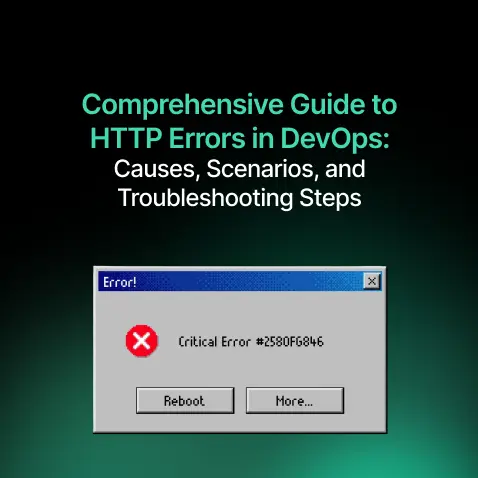
Comprehensive Guide to HTTP Errors in DevOps: Causes, Scenarios, and Troubleshooting Steps
- Blog
Comprehensive guide for DevOps on HTTP errors: causes, scenarios, and troubleshooting tips, covering status codes, SSL issues, CORS, timeouts, and server misconfigurations.
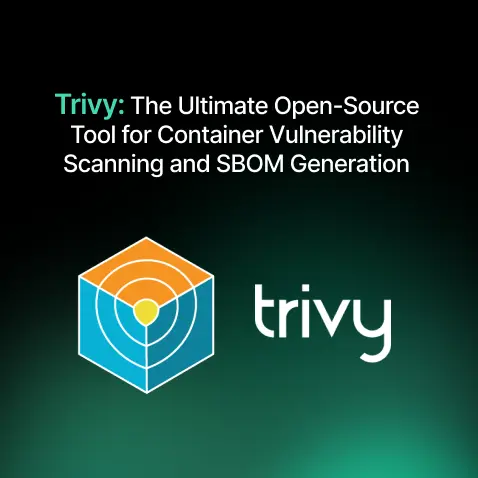
Trivy: The Ultimate Open-Source Tool for Container Vulnerability Scanning and SBOM Generation
- Blog
Explore Trivy: a fast, open-source tool for container vulnerability scanning and SBOM generation. Learn how it secures DevOps pipelines with ease and transparency.
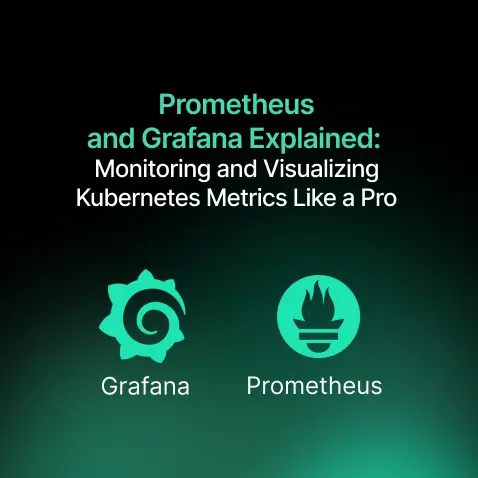
Prometheus and Grafana Explained: Monitoring and Visualizing Kubernetes Metrics Like a Pro
- Blog
Set up Prometheus and Grafana for real-time monitoring and visualization in Kubernetes environments. Learn step-by-step configuration and best practices for DevOps success.
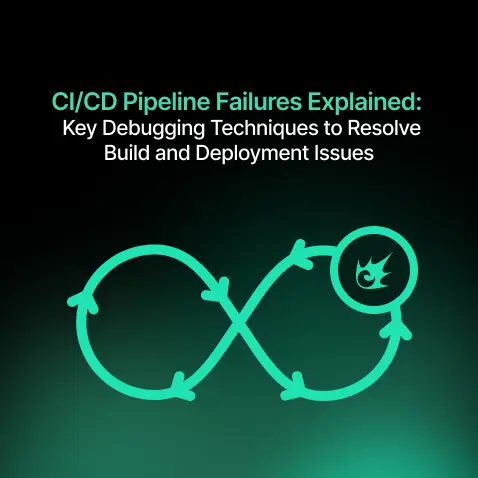
CI/CD Pipeline Failures Explained: Key Debugging Techniques to Resolve Build and Deployment Issues
- Blog
Learn how to identify and fix CI/CD pipeline failures—from environment mismatches to flaky tests—with practical solutions for reliable, efficient DevOps workflows.
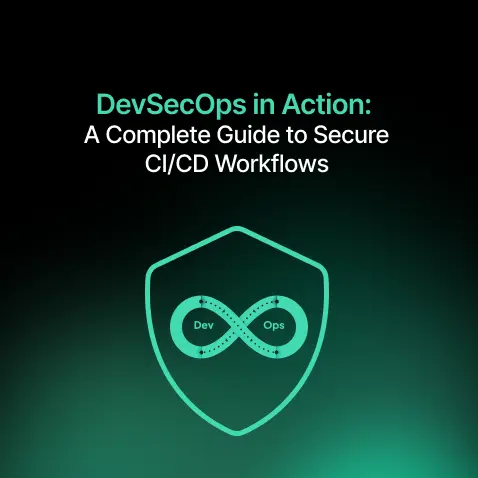
DevSecOps in Action: A Complete Guide to Secure CI/CD Workflows
- Blog
DevSecOps integrates security into CI/CD pipelines, enabling early threat detection, compliance, and resilient infrastructure through automated security practices.
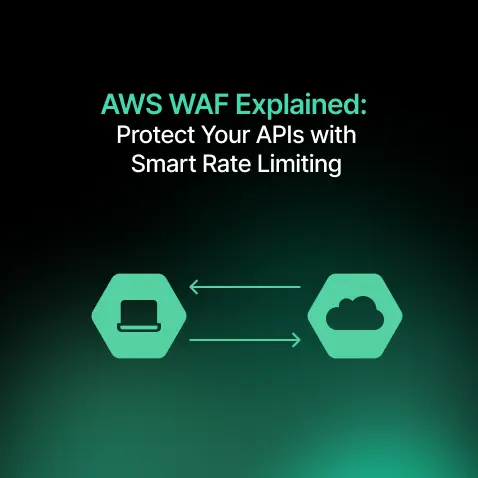
AWS WAF Explained: Protect Your APIs with Smart Rate Limiting
- Blog
AWS WAF protects web apps by filtering malicious traffic, blocking threats like SQL injection & XSS, and enabling custom rules, rate limits, and real-time monitoring.

